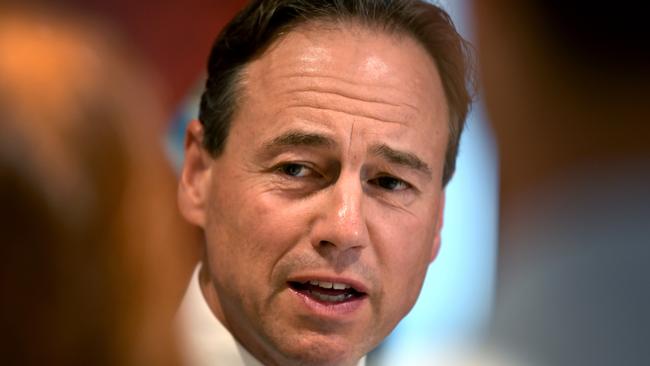Fight against rare cancers and diseases to be stepped up by $70 million research grants
RESEARCH into rare cancers and often-overlooked diseases has received a shot in the arm under a program targeting diseases with low survival rates.

VIC News
Don't miss out on the headlines from VIC News. Followed categories will be added to My News.
RESEARCH into rare cancers and often-overlooked diseases has received a shot in the arm under a program targeting diseases with low survival rates.
Almost $70 million in federal government funding will be provided to some of Australia’s best medical researchers to combat rare cancers and diseases, including devastating conditions like acute lymphoblastic leukaemia in infants, aplastic anaemia, multiple sclerosis and Huntington’s disease.
Although there have been huge advances for people with more common forms of cancers, those dealing with rarer diseases face challenges including diagnostic delays, a lack of treatments and difficulty in finding the appropriate care.
NEW CASH FAST-TRACKS OVARIAN CANCER THERAPY

Among the projects to benefit is a Monash University trial examining a new preventive treatment hoped to halve the life-threatening complications following a bone-marrow transplant, and a University of Melbourne program to stop haemorrhage in Victoria’s Mobile Stroke Unit.
While $13 million had originally been allocated for projects under the Medical Research Future Fund’s Rare Cancers program, Health Minister Greg Hunt said the high calibre of medical trials happening meant the funding had doubled to $26 million.
$100M BATTLE TO DOUBLE BRAIN CANCER SURVIVAL
STATE TO GET $7M CANCER RESEARCH BOOST
“While we have seen improved survival rates for high incidence cancers such as bowel cancer, rates for rare cancers have remained unchanged for some time,” Mr Hunt said.
“In fact, rare cancers with low survival rates accounted for 47 per cent of all cancer deaths in 2014.”
The government will also open a further $10 million grant round for research into rare diseases with low survival rates, as well as an extra $33 million under the MRFF’s 2018-19 allocations.


